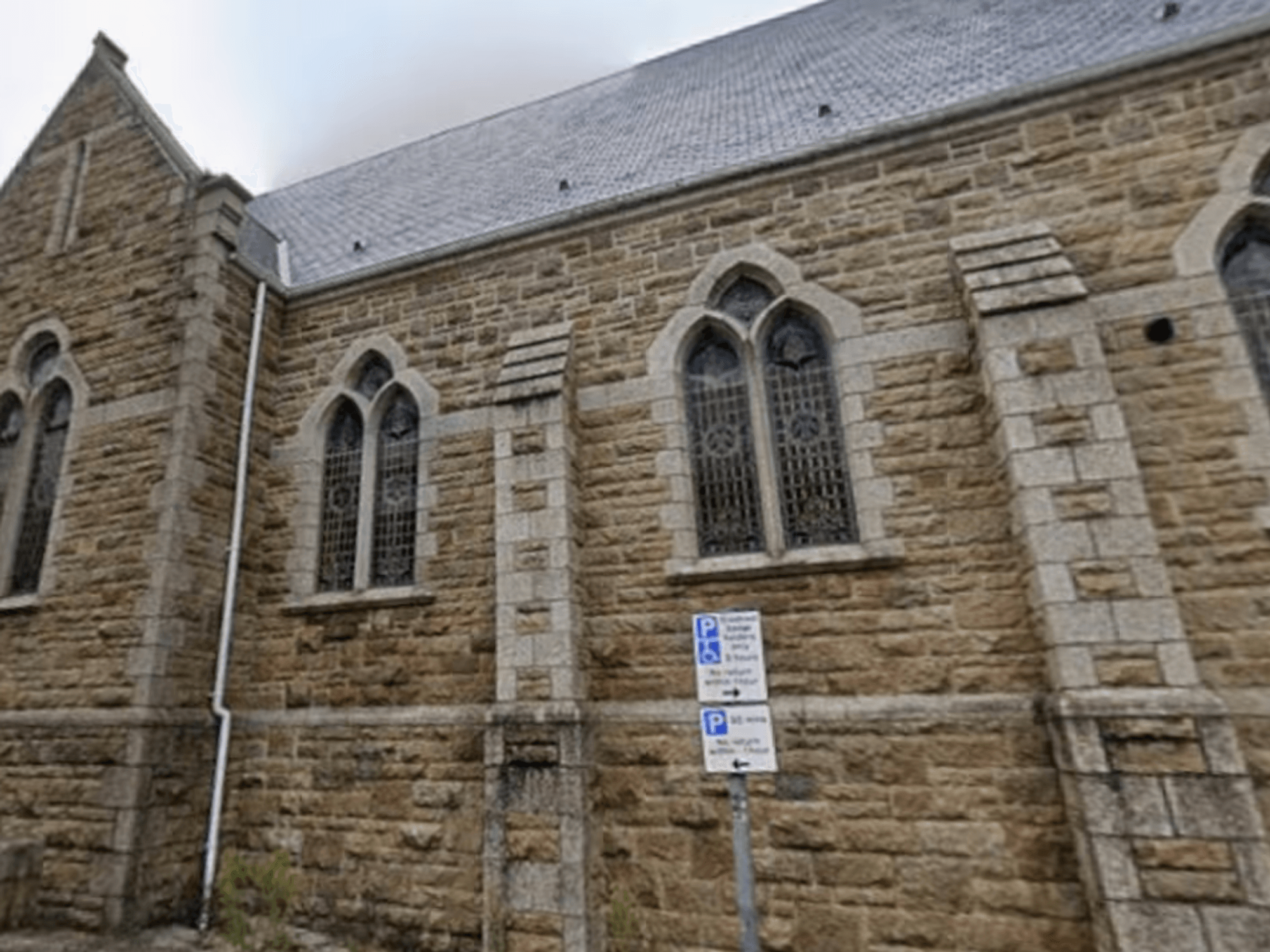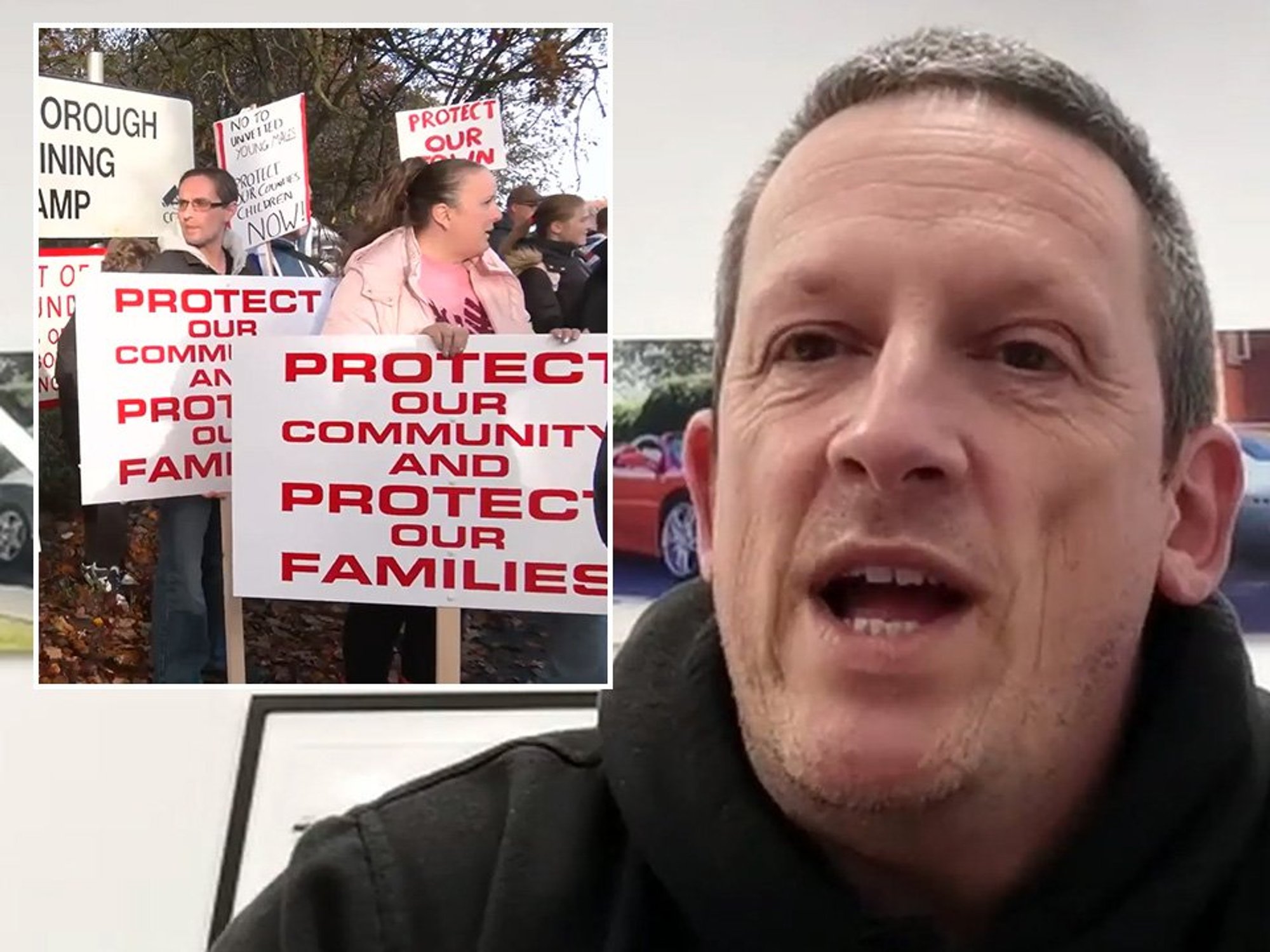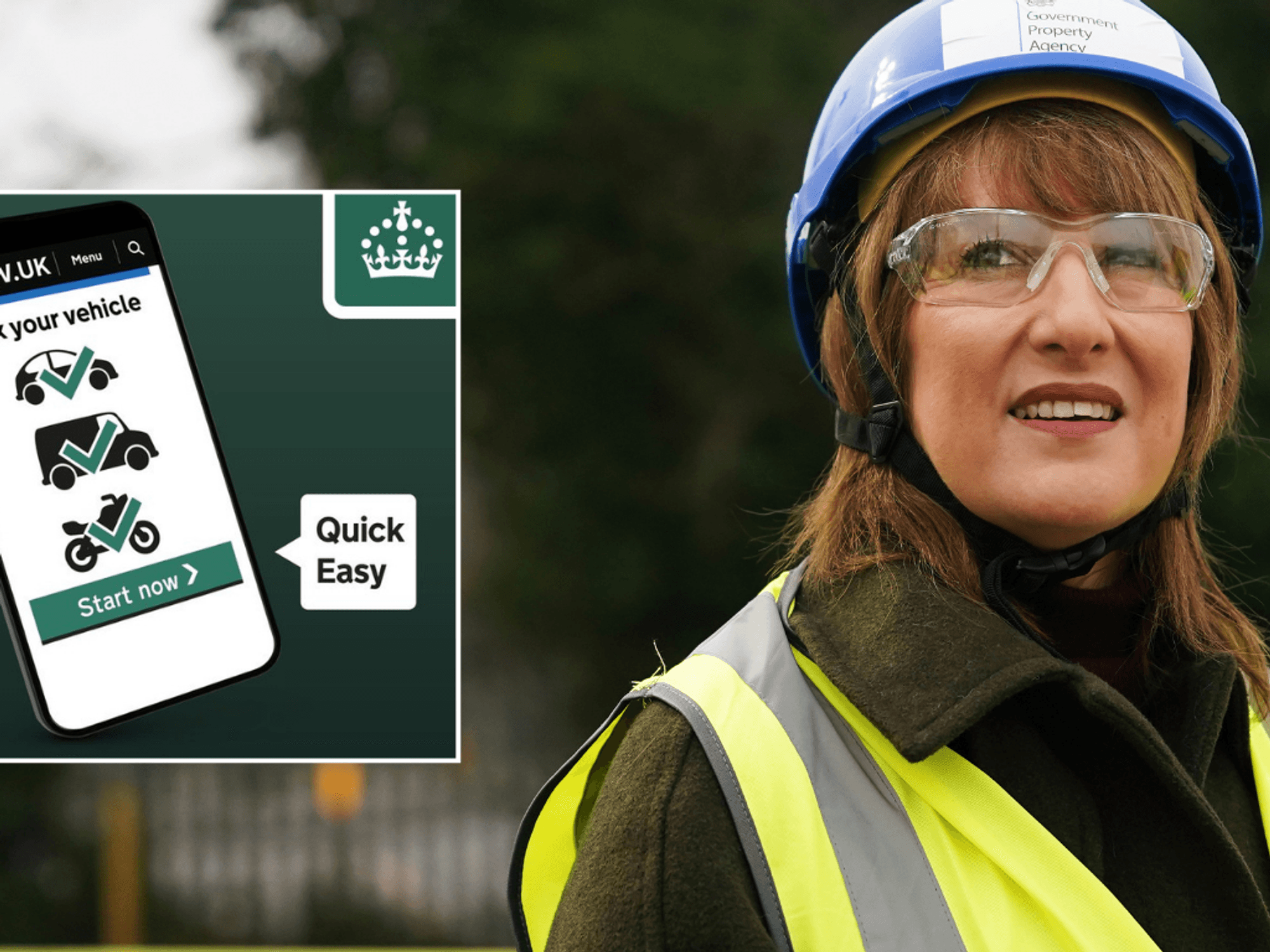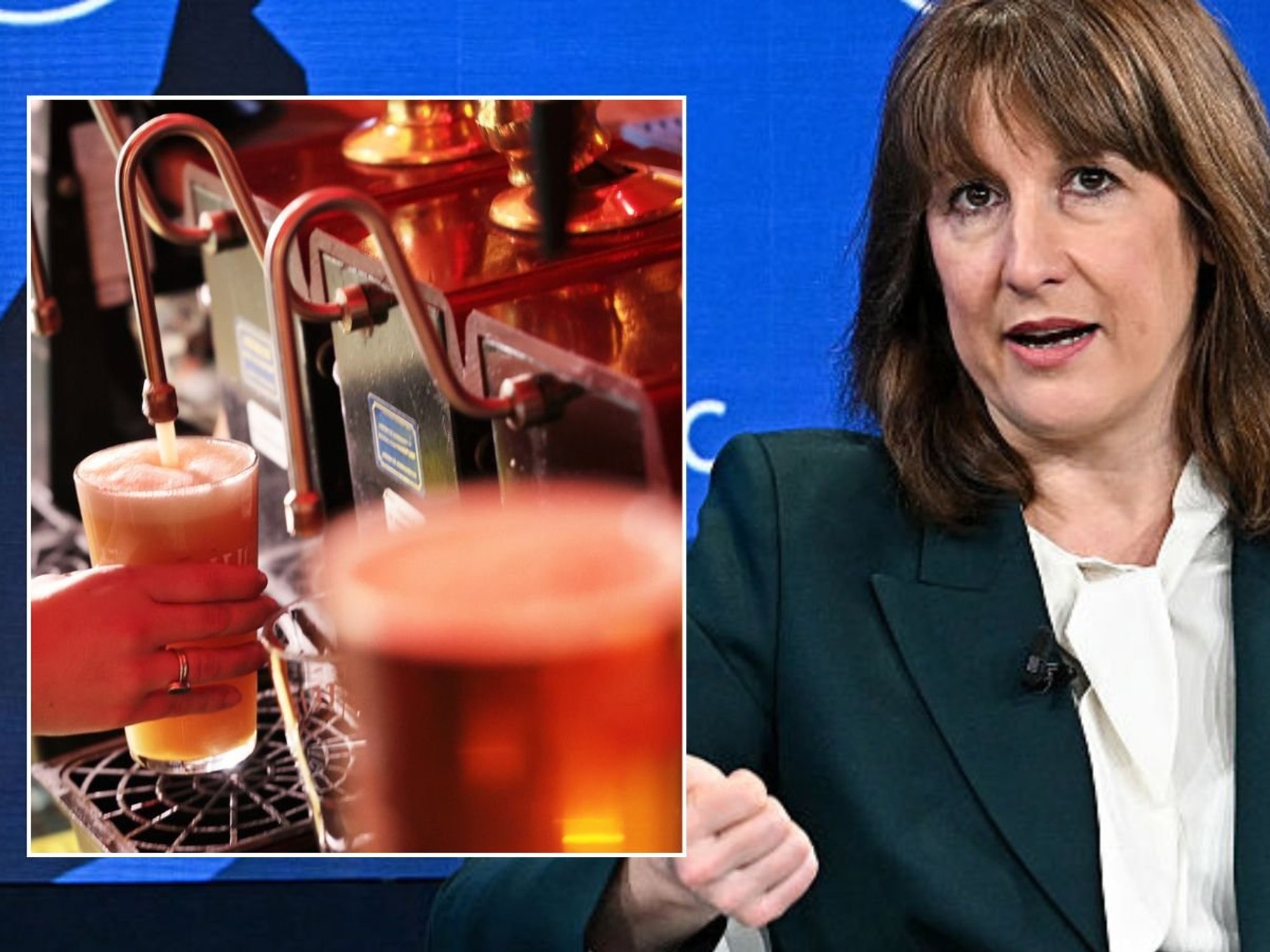How much an income tax rise would cost you per year as Rachel Reeves considers breaking manifesto pledge with 2p hike
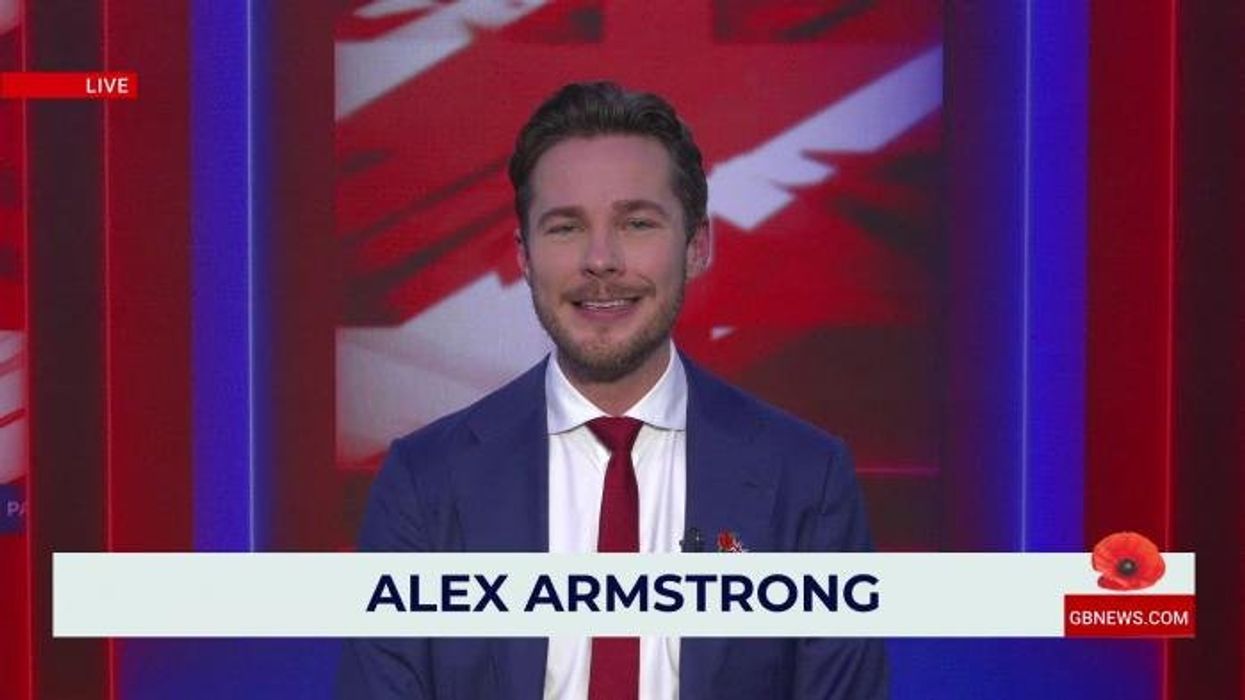
It is utterly unthinkable that Labour would put the final nail in the coffin with income tax,' says Alex Armstrong |
GBNEWS

Such a change would mean millions of workers paying more tax on their earnings
Don't Miss
Most Read
Latest
Treasury officials are reportedly weighing up a 2p rise in income tax as part of next month’s Budget on November 26.
If introduced, it would be the first increase to the basic rate since the 1970s, a major shift from Labour's campaign pledge not to raise income tax.
Chancellor Rachel Reeves is reportedly exploring plans to raise income tax, after Prime Minister Sir Keir Starmer declined to repeat Labour’s election pledge not to increase income tax, National Insurance or VAT.
During Prime Minister’s Questions on Wednesday, Conservative leader Kemi Badenoch challenged Sir Keir to confirm whether he still stood by the 2024 manifesto commitment. The Prime Minister avoided giving a direct answer, saying only: "The Budget is on November 26, and we will lay out our plans then."
Income tax remains the government’s largest source of revenue, accounting for around 25 per cent of total tax receipts and forming the biggest tax burden for most working households.
Such a change would mean millions of workers paying more tax on their earnings, at a time when household budgets are already stretched by higher living costs.
The UK’s income tax operates through distinct earning bands, meaning the amount one pays depends on how much they earn each year.
Current income tax bands (2025/26):
- Up to £12,570 – No tax paid (Personal Allowance)
- £12,571 to £50,270 – 20 per cent basic rate
- £50,271 to £125,140 – 40 per cent higher rate on earnings above £50,270
- Over £125,141 – 45 per centadditional rate
Income tax is applied to a range of earnings, including:
- Salaries and wages
- Self-employed income
- Pensions
- Rental income from property
- Savings interest
These thresholds determine how much of one's income falls into each band, with higher portions of earnings taxed at higher rates.
These rates have remained unchanged since 2010, when the additional rate band was first established.
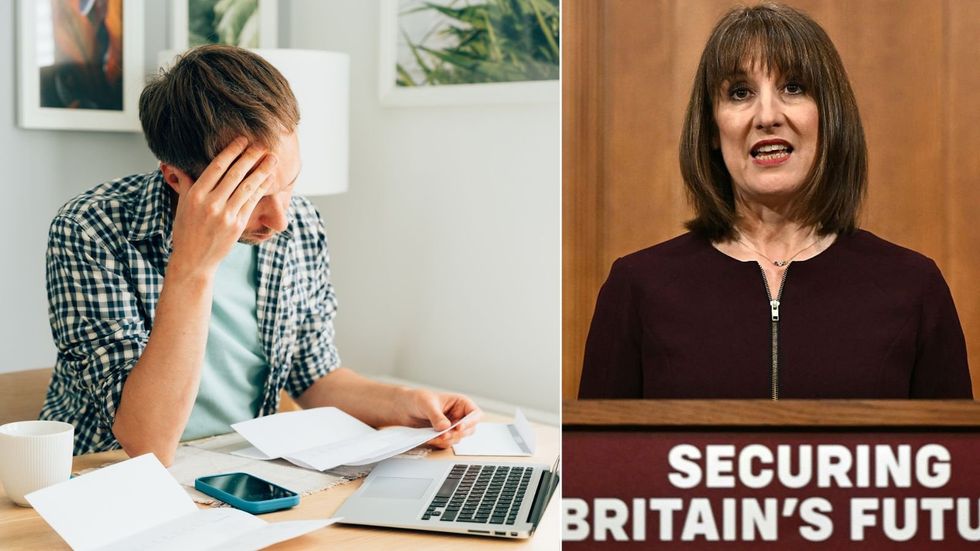
Income tax is applied to a range of earnings
|GETTY
How much would a one percentage point income tax rise cost you?
A single percentage point rise in the basic rate of income tax would cost taxpayers hundreds of pounds a year, new analysis from AJ Bell has revealed.
Workers earning £50,270 or more would face the largest increase, paying an extra £377 a year, while those on £45,000 would see their tax bills rise by £324.
For middle earners, the impact would still be significant, someone on £35,000 would pay an additional £224, and a worker on £30,000 would contribute £174 more each year.
Lower earners would also be affected. Those on £25,000 would pay £124 extra, £20,000 earners would face a £74 rise, and even those earning £15,000 would pay around £24 more annually.
Laura Suter, Director of Personal Finance at AJ Bell, said the increase would have a noticeable impact across all income levels, adding it would cost middle earners "just over £1 a day for those earning around £50,000."
LATEST DEVELOPMENTS:

Those on £25,000 would pay £124 extra a year
| GETTYThe Chancellor must address a fiscal shortfall estimated between £22billion and £30billion, driven partly by the Office for Budget Responsibility's downward revision of productivity forecasts.
Government estimates indicate that raising the basic rate by one percentage point would generate approximately £6.9billion in the following tax year and £23.4billion across three years, according to HMRC figures.
This dwarfs potential revenue from targeting higher earners - increasing the higher rate to 41 per cent would yield just £1.6billion annually, whilst raising the additional rate to 46 per cent would produce merely £145million.
Ms Suter observed that whilst adjusting other taxes might generate modest sums, "an increase to income tax raises a big chunk of money in one move."
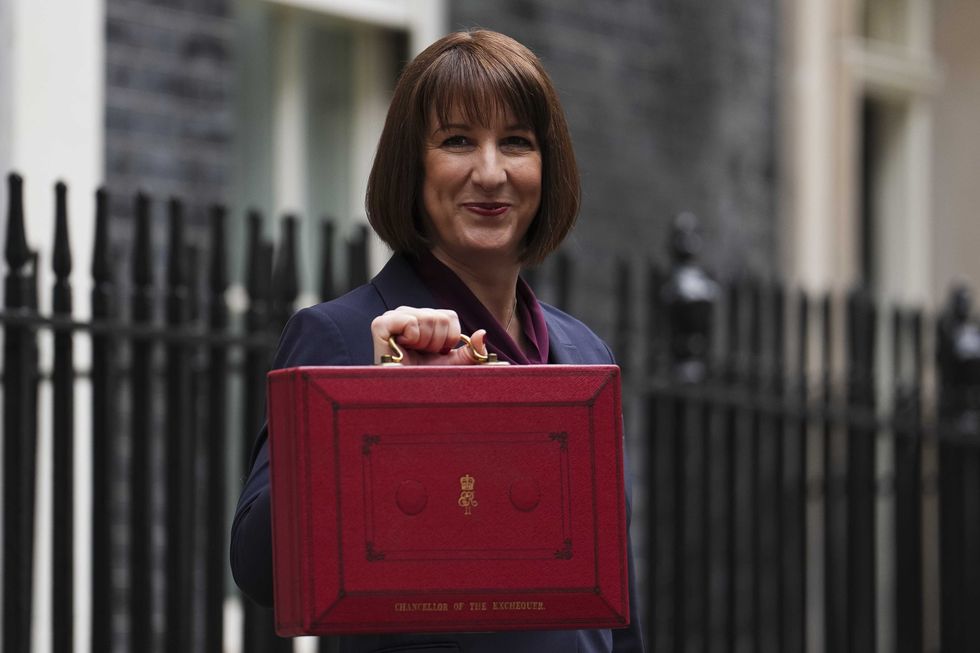 Chancellor Rachel Reeves will unveil the Autumn Budget on November 26 | PA
Chancellor Rachel Reeves will unveil the Autumn Budget on November 26 | PAAnother proposal under serious consideration involves offsetting an income tax increase with corresponding National Insurance reductions.
The Resolution Foundation, a Left-wing think tank, has suggested combining a 2p rise in income tax with a 2p cut to National Insurance, which would generate £6billion whilst technically preserving the government's commitment to workers.
This approach would particularly impact pensioners and property landlords, who don't contribute to National Insurance but would face the full burden of higher income tax rates.
Laura Suter highlighted that the government has "already played fast and loose with their commitment not to raise taxes for working people," citing last year's employer National Insurance increase and the continuation of frozen income tax bands initiated by the Conservatives.
More From GB News





